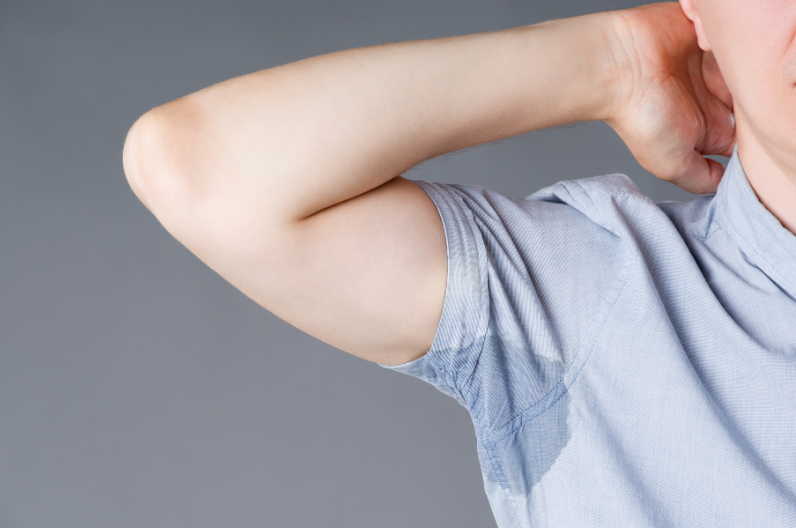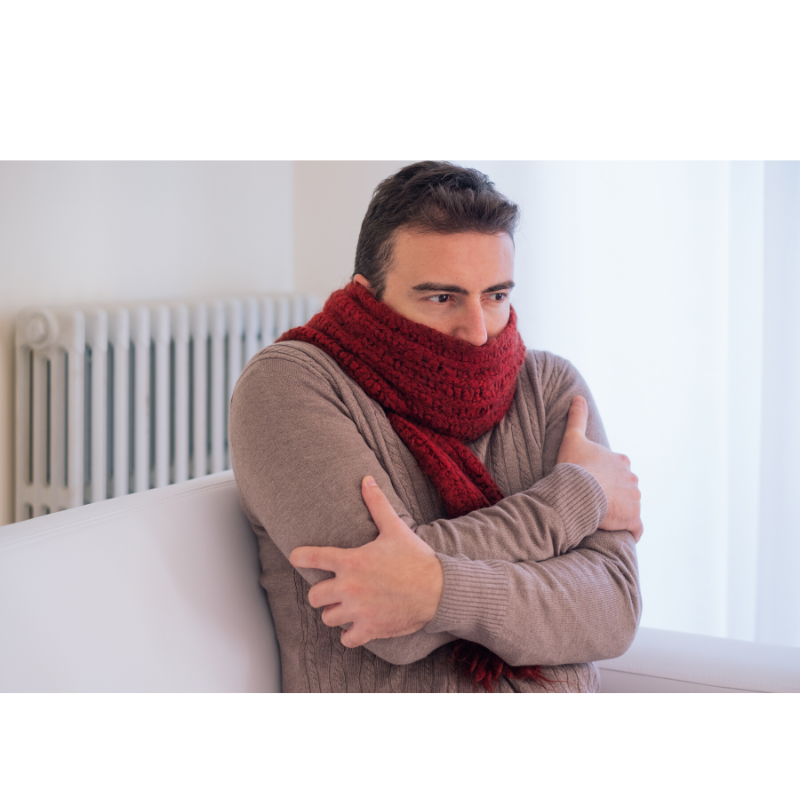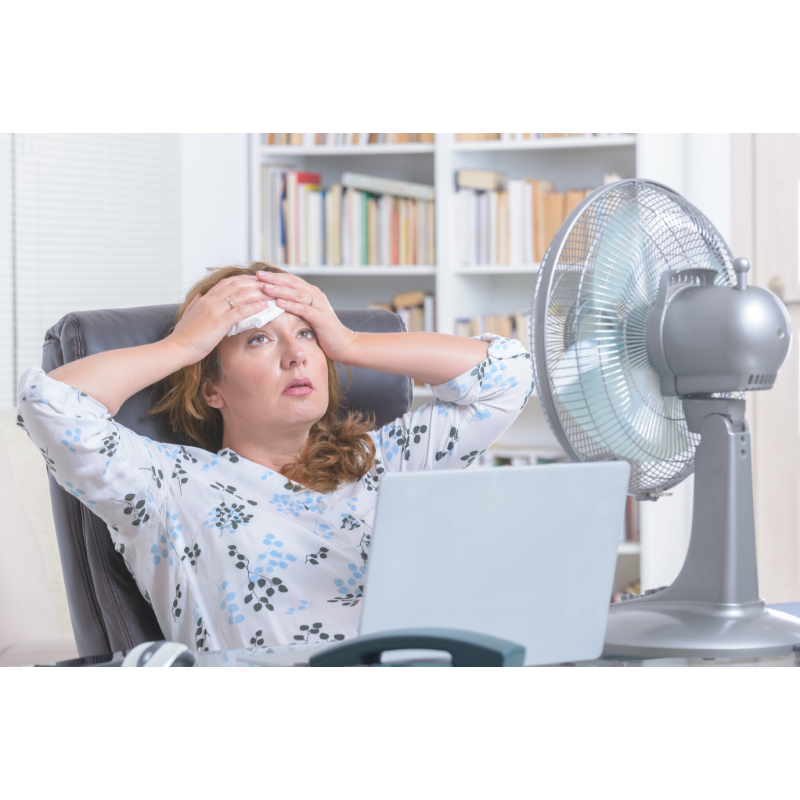
Quite often people ask me if excessive sweating is a symptom of Parkinson’s Disease. Women ask me the most, and not because this happens more frequently to women, but because women are more surprised by these mystery “hot flashes”.
Sweating is controlled by the autonomic nervous system (ANS) which also controls other unconscious body actions, like heart and respiratory rate, digestion, urination etc.
The ANS can be (and usually is) affected by Parkinson’s, causing people to suddenly sweat excessively which can cause blood pressure to drop. It can also cause one to sweat too little, or not at all. This leaves skin really dry, and puts people at risk for overheating. Both can really impact quality of life.
Some people find that they sweat less on their hands and feet, but some sweat more on other parts of their body to compensate. One of my fighters was concerned because he was only sweating on one side of his body. The treadmill on one side was puddled with sweat, and the other side was bone dry. Another fighter just told me that her knees sweat excessively.

Did you know you are more likely to sweat excessively if you are “off” or during the “wearing off” of your medication? This is not to say that it doesn’t happen if you are “on”, especially if you have dyskinesia. Many people also experience drenching night sweats, which is why women think they are having menopausal hot flashes.
Some changes in sweating can be caused by Parkinson’s medications themselves. Anticholinergic medications may block sweating, resulting in a rise of body temperature. Levodopa can cause excessive sweating during the “wearing off” stage just before the next dose.
Some people with PD feel very cold and shiver, even during times when everyone else is warm. All of these symptoms should be discussed with your doctor.

Treating excessive sweating:
If you sweat too much try taking frequent cool showers, wear loose fitting clothing made of sweat wicking fabrics, and be sure to drink plenty of water (which you should be doing anyway).
If you experience night sweats using light, cotton bedding may help. Satin sheets are great for helping you turn over in bed, but they do make you sweat more.
Alcohol, caffeine and spicy foods can make sweating worse. If your partner says you are smelly, remember that you may not have a normal sense of smell. Believe what they’re saying, and make sure you are using deodorant and changing your clothes often. Bacteria smells, sweat does not.

You can also buy special underarm shields which absorb excess moisture and protect clothing.
There are all sorts of prescription drugs and treatments for excessive sweating. They vary from quite extreme to simple home remedies. Your doctor can prescribe or refer you to the appropriate physician to get treatment.
Treating sweating too little:
If you don’t sweat much (or not at all) it is important to avoid getting overheated and to keep your skin moisturized.
Interestingly enough, sweating dysfunction is being considered as a biomarker of PD. A sudoscan is a medical device which measures sweat gland function. It may be a potential diagnostic tool for Parkinson’s.
Want a great sweat-wicking work-out shirt? We sell them! Contact us! 

Resources:
www.epda.eu.com/about-parkinsons/symptoms/non-motor-symptoms
www.apdaparkinson.org/article/sweating-and-skin-problems
www.ncbi.nlm.nih.gov/pmc/articles/PMC5352163